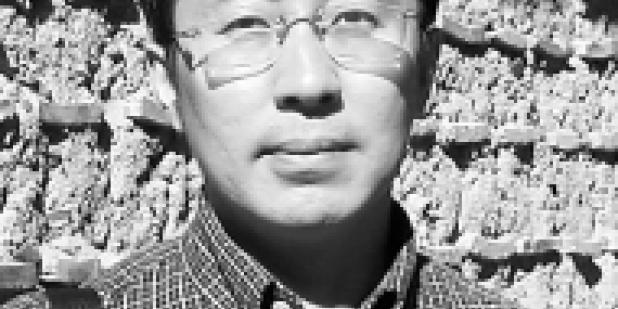Happy Lunar New Year from the USC US-China Institute!
Enlightenment and Chinese Civil Society: The Cases of Wang Yuanhua and Li Shenzhi
The Fairbank Center for Chinese Studies at Harvard University presents Xu Jilin. (Lecture will be in Chinese)
Where

Known as “Southern Wang—Northern Li” (南王北李), Wang Yuanhua (王元化) and Li Shenzhi(李慎之)were the most distinguished scholars and spiritual leaders of Chinese intellectuals in the last thirty years. They both participated in the Chinese communist movement, and later suffered political persecution from the 1950s to the 1970s. After 1978, Wang and Li devoted themselves to the Chinese enlightenment and to the founding of a Chinese civil society. Li was passionate and optimistic, and was convinced that liberalism was the future of China. Wang, however, was more inclined to the rationality of the enlightenment, and was thus deeply skeptical of any promising future for Chinese culture. The differences that Wang and Li embodied not only indicate the paradoxes among the torchbearers, but also show the complexity of the development of civil society in China.
Xu Jilin is a prominent intellectual historian of modern Chinese thought. He is chair professor of history at East China Normal University (ECNU), the acting director of the Si-mian Institute for Advanced Studies in Humanities at ECNU, and a member of the editorial board for Twenty-First Century Bimonthly (Hong Kong). Since the mid-1990s, his research has focused on intellectual thought of the post-1978 era, including liberalism and the public role of Chinese intellectuals. His current research focuses on the history of modern Chinese thought and Chinese intellectual history. Major recent book publications include: The Self-Disintegration of the Enlightenment (2007), Public Communication of Modern Chinese Intellectuals (2008), Rebirth and Rethink of Chinese Enlightenment (2010), and Enlightenment and Anti-Enlightenment in Contemporary China (2011).
The lecture will be delivered in Chinese with brief English summary.
Featured Articles
We note the passing of many prominent individuals who played some role in U.S.-China affairs, whether in politics, economics or in helping people in one place understand the other.
Events
Ying Zhu looks at new developments for Chinese and global streaming services.
David Zweig examines China's talent recruitment efforts, particularly towards those scientists and engineers who left China for further study. U.S. universities, labs and companies have long brought in talent from China. Are such people still welcome?






